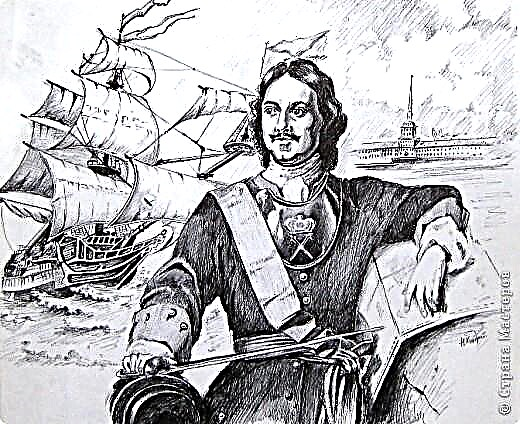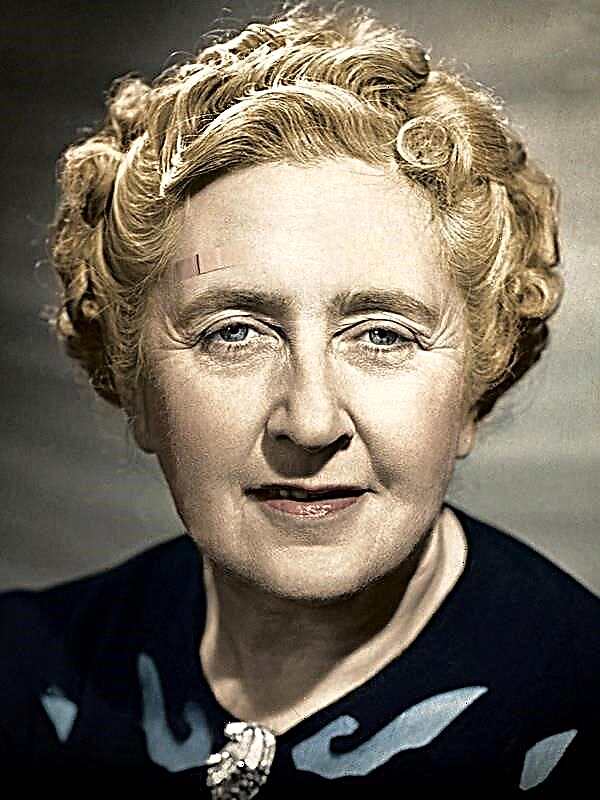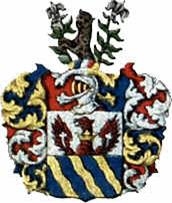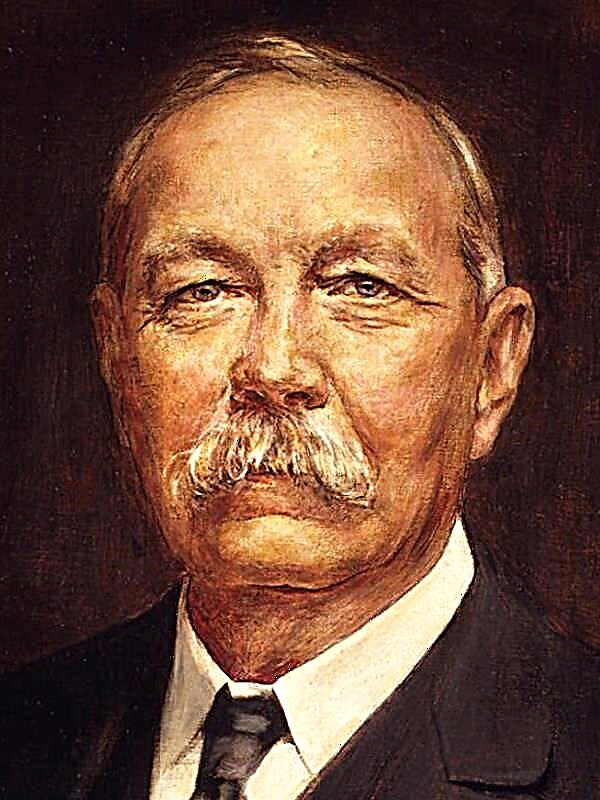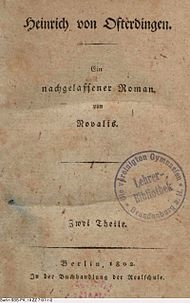Two of his sons arrive at the court of King Bithynia of Prussia. Nycomed, the son from his first marriage, left the army, at the head of which he won numerous victories, putting more than one kingdom at the feet of his father; he was tricked into the capital by his stepmother, Arsinoe. The son of Prussia and Arsinoe, Attalus, returned to his homeland from Rome, where he had been a hostage from the age of four; by the efforts of the Roman ambassador Flaminius Attalus was released to his parents because they agreed to give the republic its worst enemy - Hannibal, but the Romans did not enjoy the sight of the captive Carthaginian, for he preferred to take the poison.
The Queen, as is often the case with second wives, completely subordinated the elderly Prussia to her influence. It was by her will that Prusius, in favor of Rome, deprived Hannibal of her patronage, now she weaves intrigues, wanting to make her son Attal instead of Nicomedes the heir to the throne, as well as upset the stepson’s marriage with the Armenian queen Laodika.
Arsinoy in her intrigues is supported by Flaminius, for on the one hand, it is in the interests of Rome to elevate Attalus, who received the Roman upbringing and Roman citizenship, to the throne of Bethynia, and not the proud and independent, glorified in campaigns of Nicomed, and on the other, to prevent the strengthening of Bithynia due to the dynastic union with Armenia.
Until now, the stepbrothers were not familiar with each other and first met in the presence of Laodike, with whom they were both in love, but she reciprocated only Nicomed. This first meeting nearly ended in a quarrel. Arsine friction between brothers is only on hand, because in accordance with her plans, one of them should be crushed, the other, on the contrary, exalted. The queen is confident that with the help of the Romans, Attal will easily take over his father's throne; as far as marrying Laodike, it is more difficult, but still she sees a way to destroy Nycomed and force the Armenian queen to enter into an marriage she does not want.
Tsar Prussia has recently been seriously alarmed by the unprecedented rise of Nycomed: the victor of Pontus, Cappadocia and the country of the Galatians enjoys power, fame and popular love more than those that have ever been borne by his father. As the lessons of history suggest to Prussia, such heroes are often bored with the title of subject, and then, having desired the imperial rank, they do not spare the sovereigns. The head of Prussia’s bodyguards, Arasp, convinces the king that his fears would be justified when it came to someone else, the honor and nobility of Nycomed are not in doubt. Arasp’s arguments do not completely dissipate Prusius’s anxiety, and he decides to try, acting with extreme caution, to send Nycomed into honorable exile.
When Nycomed comes to his father in order to tell about his victories, Prussia meets him very coldly and reproaches him for leaving the army entrusted to him. To the respectful request of Nycomed to allow him to accompany Laodike, who was leaving for his homeland, the king refused.
The conversation between father and son is interrupted by the appearance of the Roman ambassador Flaminius, who, on behalf of the republic, demands that Prussia appoint Attal as his heir. Prusius orders Nicomed to give an answer to the ambassador, and he decisively rejects his demand, exposing the plans of Rome to weaken Bithynia, who, under a king like Attalus, will lose all her greatness together with the newly acquired lands.
Apart from the difference in aspirations, Flaminia and Nycomed are prevented from agreeing with each other: their hostility separates them: Father Flaminius fell at the battle of Lake Trasimen at the hands of Hannibal, teacher Nicomed, whom he respected highly. Flaminius nevertheless makes a concession: Nycomed will rule Bithynia, but with the condition that Attal will marry Laodike and ascend the Armenian throne. Nycomed, and this time responds to Flaminius with a decisive refusal.
Prussia is no stranger to nobility, and although Laodice is in his power, he does not consider it possible to repair violence against a royal person. Therefore, as soon as the marriage of Attalus and Laodike is acceptable to Rome, let Flaminius go to the Armenian princess and on behalf of the republic offer her husband Arsinoe as her husband.
Flaminius's plan was not destined to come true - on the way to the gallery Nycomed fled with the help of an unknown friend. The Tsarevich goes to the crowd, and the rebellious people calm down immediately. In the consciousness of his own strength, he appears before frightened household members and the Roman ambassador, but does not even think of revenge - everyone who wanted him to be evil can be justified: his stepmother was guided by blind love for his son, his father was driven by passion for Arsinoe, Flaminius was the desire to observe the interests of his native country. Nycomed forgives everyone, but for Attal he promises to conquer any of the neighboring kingdoms, which Arsinoe will like.
Nycomed touched the heart of his stepmother, and she sincerely promises from now on to love him as her own son. At the same time, by the way, it turns out that the friend who helped Nicomed to escape was Attal.
Prussia has no choice but to order sacrifices in order to ask the gods to grant Bithynia a lasting peace with Rome.






